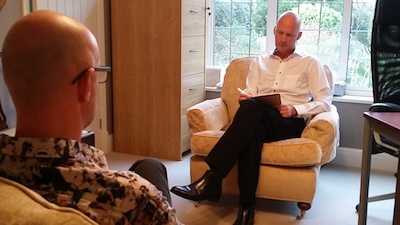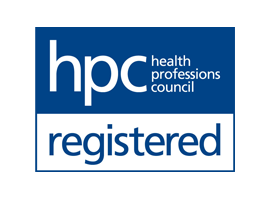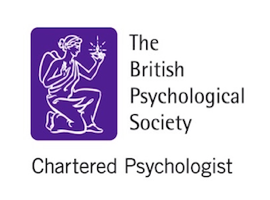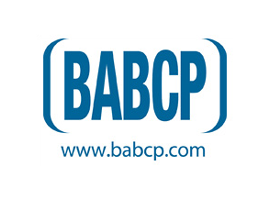Therapy Services
Cognitive therapy is a widely used form of psychotherapy and one of the most extensively researched of all the psychotherapies. It has been empirically proven to be useful in the treatment of a variety of psychological conditions including anxiety, phobias and depression, within a relatively brief time frame.
Underpinning cognitive therapy is the belief that there is a direct relationship between the way we think, the way we feel, and the way we behave.
It is now widely accepted that people with depression, anxiety, panic attacks, phobia's, severe health concerns and many other psychological difficulties develop maladaptive ways of thinking. The aim of therapy in helping patients overcome their problem is to help them change their way of thinking. Through a variety of cognitive and behavioural strategies, patients are taught to identify their maladjusted thought patterns, and how to change these thought patterns for more rational thought processes, to help them regain control over their lives.
Over the past thirty years cognitive therapy has become a source of increasing focus within psychology and psychiatry. There are numerous books and thousands of research articles on cognitive therapy showing how its use in the treatment of depression and preventing a depressive relapse can be more successful than drug treatment.
Cognitive therapy is a 'short-term' therapy, often requiring no more than between ten and twenty sessions. Cognitive therapists are frequently more active and directive than therapist working with less structured psychotherapeutic models. A collaborative relationship between the patient and therapist is encouraged for optimum benefit to be gained.
Examples of Emotional and Behavioural Problems Assessed and Treated
- Anxiety
- Anxiety/nervousness
- Blushing
- Childhood sexual abuse
- Coping with cancer/HIV/AIDS
- Coping with illness
- Dealing with anger
- Depression
- Difficulty adjusting to traumatic events
- Exam stress
- Grief
- Issues around sexuality
- Lack of motivation
- Low self esteem
- Nail biting
- Obsessions
- Pain management
- Panic attacks
- Performance anxiety
- Phobias
- Poor impulse control
- Post Traumatic Stress Disorder
- Public speaking
- Shyness
- Sleep problems
- Stammering
- Work stress
- Worries about physical health
- Worry
The above list of problems is by no means comprehensive and if you have a problem that is not listed please feel free to contact me.






